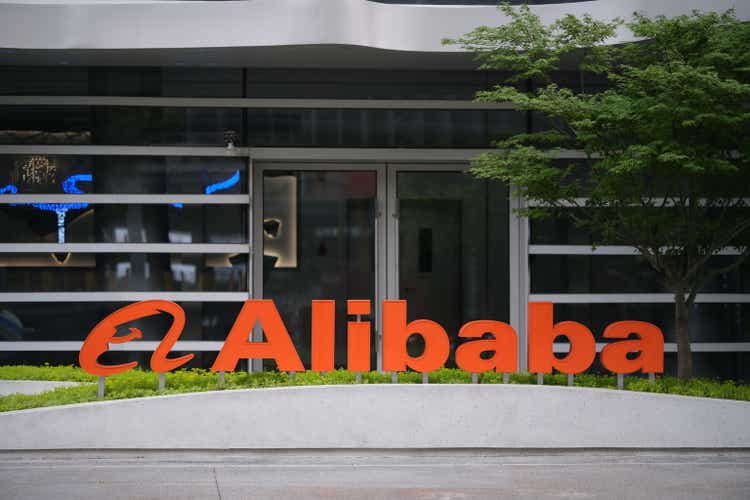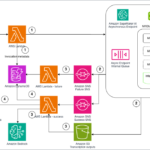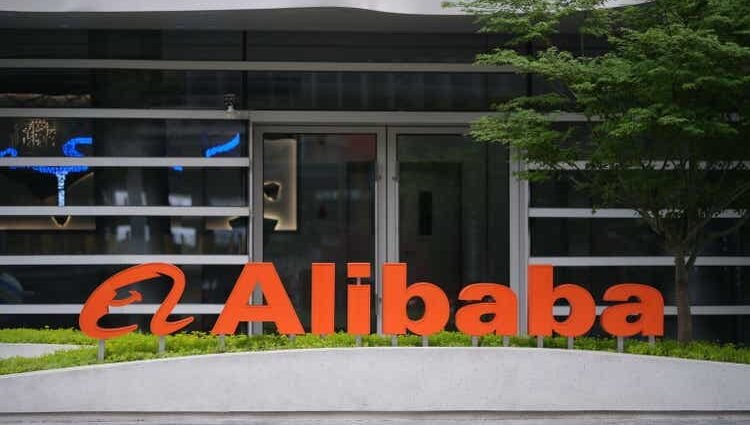
Robert Way
Alibaba’s (NYSE:BABA) international e-commerce unit is using generative AI-backed tools to help foreign merchants with translation, content creation and product returns, Reuters reported, citing group vice president Kaifu Zhang.
Zhang, who leads Alibaba International Digital Commerce’s AI initiative, noted that he was bullish on AI’s potential for the Chinese tech giant, despite rising tensions between China and the U.S., the report added.
“China is pretty much on par with the U.S. in the rate of (AI) innovation,” Zhang added, also drawing attention to the global developments made in China and Europe in open-source AI technology.
Alibaba has been mulling ways to make its online marketplaces, including AliExpress and Lazada, more competitive following restructuring its international e-commerce subsidiary, named Alibaba International Digital Commerce. The company has been facing competition from PDD (PDD)-owned Temu and Chinese peer Shein.
Alibaba International Digital Commerce Group now has annually 300M consumers and over 1M merchants globally, as per Zhang.
The unit saw revenues grow 45% year-over-year to RMB27.45B ($3.80B) for the fourth quarter ended March 31.
Generative AI services have taken the world by storm since the launch of Microsoft (MSFT)-backed OpenAI’s ChatGPT in 2022. Alibaba’s (BABA) Qwen2.5, Tongyi Qianwen 2.0, and Tongyi Wanxiang, Baidu’s (BIDU) Ernie Bot and Tencent’s (OTCPK:TCEHY) (OTCPK:TCTZF) Hunyuan are some of the large language models, or LLMs, among the many, being developed.










